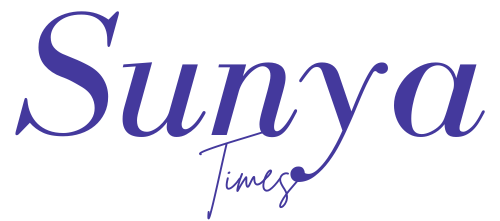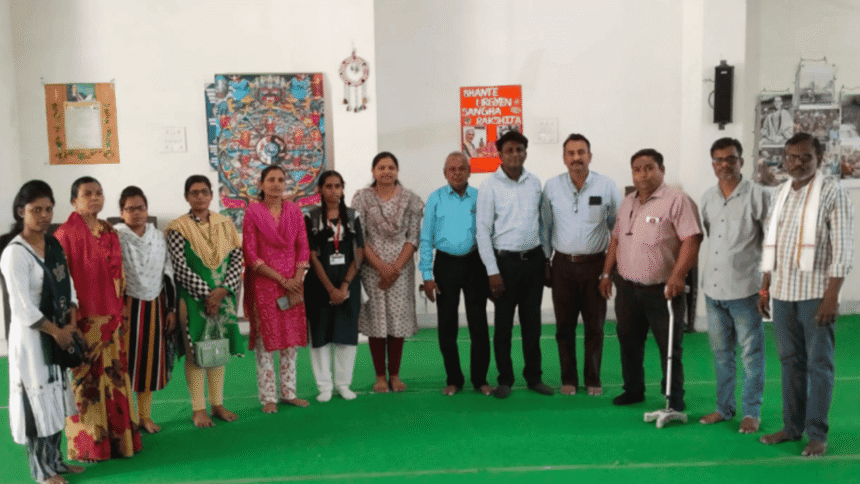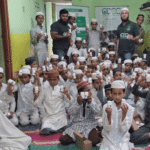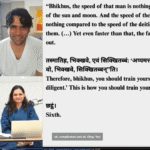Empowering deaf and mute women, sewing initiatives are creating transformative pathways toward financial independence, self-confidence, and social inclusion. Across many communities, sewing programs tailored specifically for differently-abled women are proving that skill development can break barriers and open doors to dignified livelihoods.
1. Skill Development and Employment Opportunities for
At the core of these initiatives is hands-on training in tailoring and stitching. Whether it’s basic garment making or more advanced product creation, these programs provide women with the skills they need to build careers from their homes or within organized production centers.
- Tailoring and Stitching Skills: Training programs teach essential techniques for making clothes, uniforms, and household items.
- Creative Product Design: Many women learn to make designer items like table runners, cushion covers, bags, and utility pouches—products that are highly marketable both locally and online.
- Home-Based Work Opportunities: By providing sewing machines and raw materials, women are empowered to work from home, enabling them to balance family responsibilities with earning potential.
- Community Market Support: Local NGOs and self-help groups often assist with finding buyers and helping women set up sales channels in nearby markets or exhibitions.
2. Financial Independence and Self-Reliance by Empowering Deaf and Mute Women
The economic benefits of sewing initiatives are profound. With consistent support and access to markets, deaf and mute women are stepping into roles as contributors to their households and even as entrepreneurs.
- Income Generation: From a hobby to a career, sewing allows women to earn regular income through orders or product sales.
- Family Support: The income contributes to daily expenses, children’s education, and household needs—often lifting entire families from economic hardship.
- Reduced Dependency: These initiatives reduce reliance on family members or external financial aid, giving women a renewed sense of autonomy and dignity.
3. Social Empowerment and Inclusion
Beyond economic benefits, sewing projects play a vital role in building confidence and social engagement among deaf and mute women.
- Breaking Communication Barriers: With a visual and tactile craft like sewing, language is no longer a limitation. It becomes a shared skill that transcends verbal communication.
- Boosting Self-Esteem: Seeing their creations appreciated and purchased instills pride and motivation in the participants.
- Community Participation: By joining group training sessions or selling at community fairs, these women feel more integrated into society and less isolated by their disabilities.
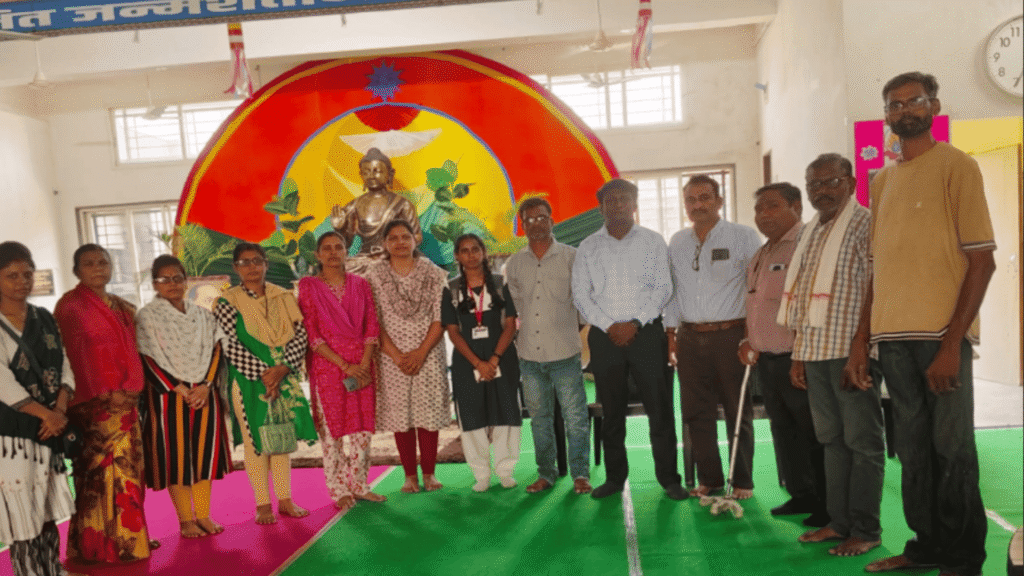
Conclusion
Empowering deaf and mute women through sewing is more than just teaching a skill—it’s about giving them a voice through creativity, craftsmanship, and commerce. These initiatives enable women to overcome social and economic challenges, offering a dignified path to self-reliance and community integration. As more organizations embrace inclusive livelihood programs, we move closer to a world where every woman, regardless of ability, can thrive with pride and purpose.
